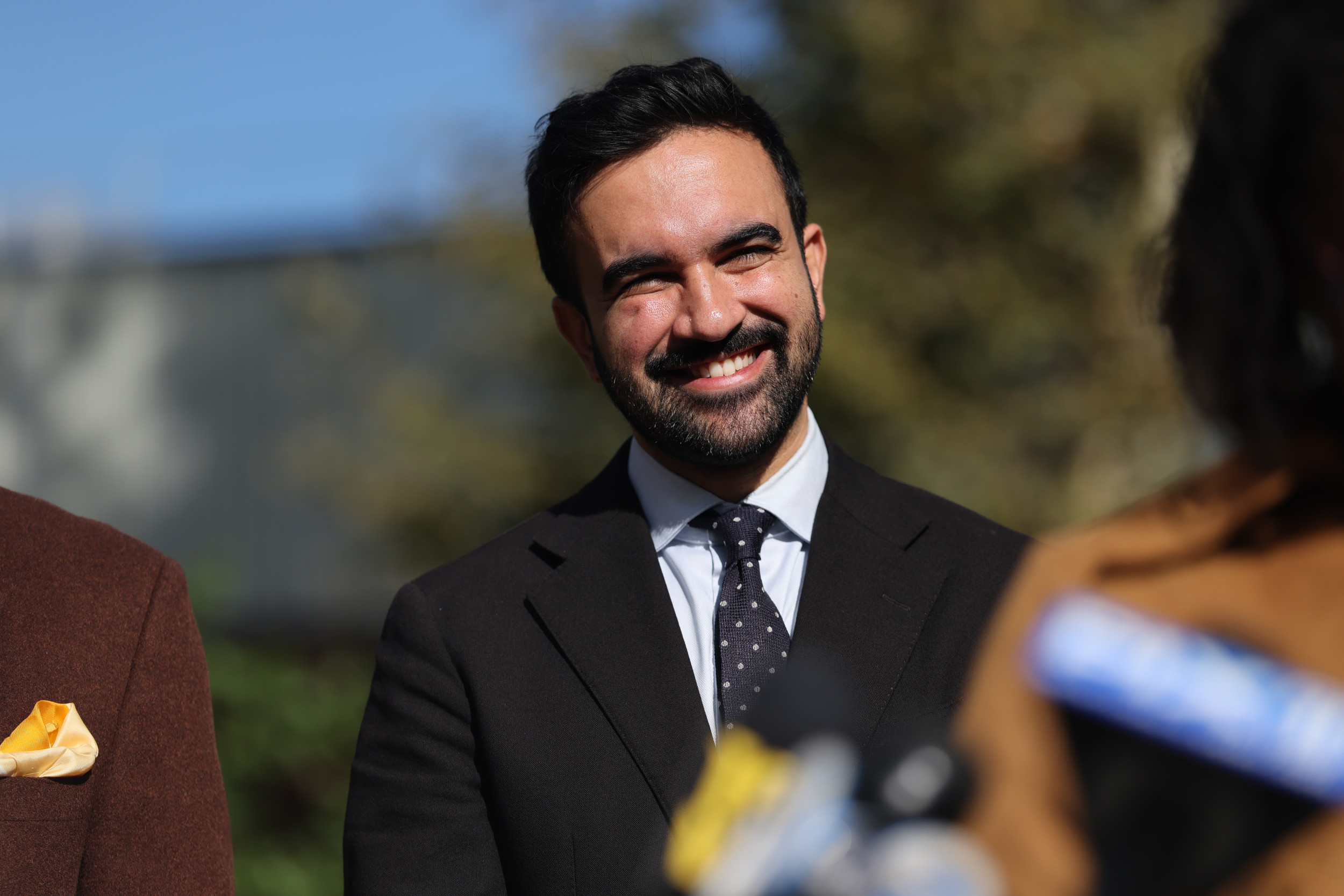UPDATE: A man identified as Jeremy Fistel was arrested in Texas for making a series of alarming terroristic threats against Zohran Mamdani, a Democratic New York state assemblyman and mayoral nominee. This urgent development raises serious concerns about the safety of public officials amid a climate of escalating hate speech.
Just announced: Fistel faces a staggering 22-count indictment after leaving threatening voicemails and written messages directed at Mamdani. If convicted of the top charge, he could face up to 15 years in prison. The arraignment took place on November 19, 2025, following disturbing threats made during the summer.
According to Queens District Attorney Melinda Katz, Fistel’s threatening voicemail, dated June 18, included chilling statements: “Go on and start your car. See what happens… watch your f***ing back every f***ing second.” The threats continued with a message submitted on Mamdani’s website on July 8, where Fistel expressed a desire for Mamdani and his family to die painful deaths.
The urgency of this case cannot be overstated. It comes shortly after the tragic shooting of conservative figure Charlie Kirk at a college campus in Utah, igniting a national dialogue on the safety of political figures and the implications of hate-driven communications.
Katz emphasized the seriousness of these threats, stating, “We take threats of violence against any office holder extremely seriously. There is no room for hate or bigotry in our political discourse.” This statement reflects the broader implications of Fistel’s actions, which highlight the risks faced by politicians, especially those from minority communities.
Mamdani’s campaign released a statement acknowledging the grim reality of threats against public figures. “Unfortunately, threats of this nature are all too common — and they reflect a broader climate of hate that has no place in our city,” the campaign asserted. “We cannot and will not be intimidated by racism, Islamophobia, and hate.”
Fistel’s actions have sparked discussions about the responsibilities of law enforcement agencies, including the NYPD, FBI, and US Marshals Service, in protecting public officials from hate-motivated violence. Authorities have confirmed that Fistel attempted to conceal his identity during the calls, complicating the investigation.
Looking ahead, Fistel has pleaded not guilty and will return to court on November 19, 2025. As this case develops, it serves as a crucial reminder of the ongoing challenges facing elected officials in a politically charged environment.
The situation remains fluid, and authorities continue to monitor for further threats. The public’s response to this case is critical, as it underscores the need for vigilance against hate and violence in our political discourse. Share this urgent news to raise awareness about the safety of our elected officials and the impact of hate crimes in society.






































































